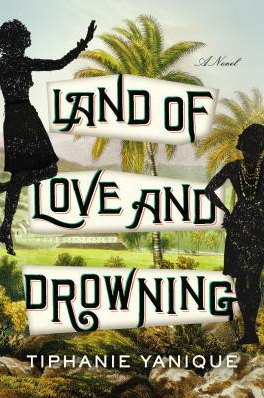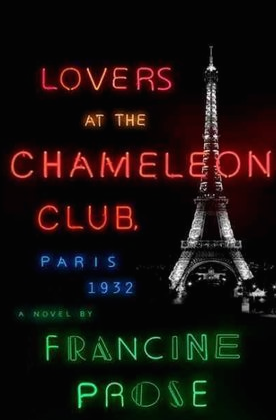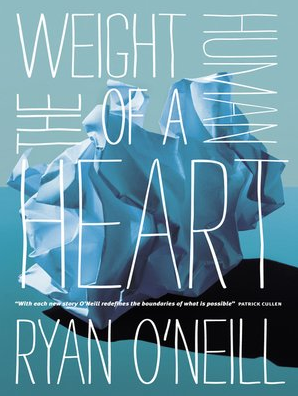Book by MARILYNNE ROBINSON
Reviewed by

“For a town, it wasn’t such a bad place,” observes Lila, a transient passing through Gilead, who ends up staying to marry an old widowed minister; she’s also the character for whom Marilynne Robinson has titled her most recent novel. Lila is Robinson’s third book to examine the lives and devotions of a small group of characters in this secluded Christian prairie town in Southwest Iowa. While each book is an independent work, shining on its own—Gilead won the Pulitzer Prize in 2005, and Home won the 2009 Orange Prize for Fiction and was a National Book Award finalist—the overlapping narratives weave a complex tapestry of the human experience as it relates to personal faith.









